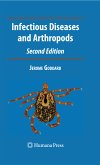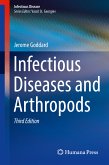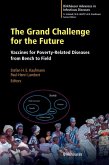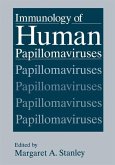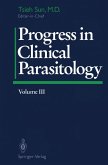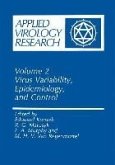This volume offers insights into human challenge studies, where adult volunteers are deliberately infected with a pathogen of interest. These studies can broaden our knowledge on infections that have a rather low natural infection rate, but still bear a great threat to global health. The authors also present instances, where no suitable animal model is available to help understand human immune responses to a specific pathogen. The recent SARS-CoV-2 pandemic is another example, where studies that are directly conducted in humans, could save valuable time.
Human challenge studies can provide immunogenicity and early efficacy data for vaccine development. However, similar models could be used for studying a wide variety of medical treatments such as monoclonal antibodies, antibiotics, antivirals and bacteriophages. The chapters in this volume cover several pathogens, including viruses, bacteria and parasites, scientific and technical aspects as well as descriptions of regulatory, ethical and manufacturing requirements.
The book serves as a valuable resource for scientists and clinicians working on human pathogens.
Human challenge studies can provide immunogenicity and early efficacy data for vaccine development. However, similar models could be used for studying a wide variety of medical treatments such as monoclonal antibodies, antibiotics, antivirals and bacteriophages. The chapters in this volume cover several pathogens, including viruses, bacteria and parasites, scientific and technical aspects as well as descriptions of regulatory, ethical and manufacturing requirements.
The book serves as a valuable resource for scientists and clinicians working on human pathogens.
Dieser Download kann aus rechtlichen Gründen nur mit Rechnungsadresse in A, B, BG, CY, CZ, D, DK, EW, E, FIN, F, GR, HR, H, IRL, I, LT, L, LR, M, NL, PL, P, R, S, SLO, SK ausgeliefert werden.



